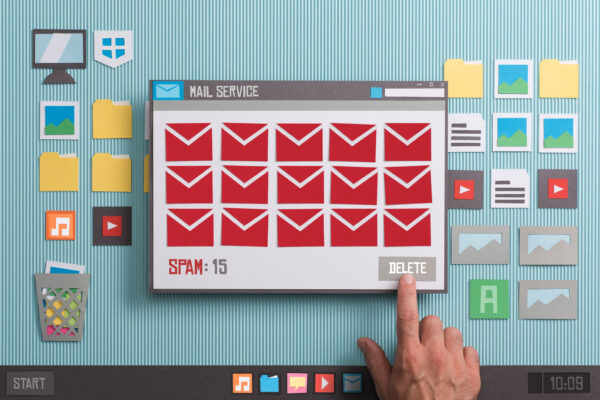Change Healthcare Cyberattack

On February 21st, a huge corporation that few people have ever heard of suffered a ransomware attack.
It matters to all of us because Change Healthcare is the transactional machine in the middle of many of our healthcare-related payments. “Our assessment is that this is the most significant attack on the health-care system in U.S. history.” Molly Smith, Group VP for public policy, American Hospital Association. (source)
Who is Change Healthcare?
Change Healthcare handles ~50% of all medical transactions in the USA. The damage from the cyberattack to Change Healthcare’s operations is impacting tens of thousands of pharmacies, hospitals, physicians, dentists, and other providers. These providers’ ability to submit claims and get reimbursed on a timely basis is hamstrung.
Even if your only healthcare need is to get a prescription filled, you are likely to experience the effects of this ransomware attack. That simple credit card swipe at your pharmacy is the result of calculations that involve you, your insurance company, big-pharma, and the pharmacy itself. Change Healthcare is the data platform in the background that makes it all work.
According to Military Times, all military pharmacies are asking for patience because they are using a manual process to handle all outpatient prescriptions. When it comes to more intense healthcare services like a trip to the emergency room or getting cancer treatments, the hospitals and clinics that provide these services are intensely dependent on daily cash flow. Without Change Healthcare to quickly bill the patient and the insurance company correctly, this cash flow grinds to a halt. “These hospitals built their operations around daily payments for the care that they are providing, and that has come to a screeching halt…” Mary C. Mayhew, president and CEO of the Florida Hospital Association. (source)
Government is Responding
The Federal Government and almost every state’s department of health is scrambling to issue relaxed guidelines that support the need of healthcare systems to maintain cash flow even if normal process protocols are not working. In his role as Majority Leader of The Senate, Chuck Schumer sent an urgent letter to the administrator for Medicare & Medicaid Services.
North Carolina (NC DHHS) has not yet published guidelines on its website, but California moved very fast. California’s policy memo to all healthcare service plans in their state has been shared publicly.
Healthcare service providers are rushing to find work-around solutions. Some hospitals who cannot discharge patients because they cannot fill critical medication subscriptions are writing handwritten discharge papers and handwritten subscriptions. That is good for the patient’s immediate needs but a disaster for the hospital’s cash flow.
Unfortunately, it seems like the situation requires an all-hands-on-deck level of support for healthcare providers and their patients. Even if the short-term solutions will cause lots of headaches to be sorted out later, healthcare services cannot slow down even if the cash flow is almost as critical as the patient’s treatment.
When Will This be Fixed?
It’s hard to know how much to rely on Change Healthcare’s updates and guidelines for managing this crisis but here is their new webpage offering guidance.
Recently, UnitedHealth Group, the parent company of Change Healthcare, provided a timeline for resolving the situation. UnitedHealth says that pharmacy Rx services and payments should be functioning today (March 12). Clinics and hospitals should be able to re-connect to the payment platform beginning March 15. Testing to reestablish connectivity to the medical claims network will begin on March 18th.
On the other hand, UnitedHealth is encouraging all parties to continue to rely on their workaround solutions. Criminal hackers are not trustworthy even if ransomware payments are made and victims of cyberattacks that are this sophisticated struggle to be sure that the bad code inside their systems is fully eradicated.
Electronic Office is a close partner to many of the region’s healthcare providers. There are no easy answers, but we are here to help automate work-around systems if possible. We are monitoring this situation closely and we do not make any assumptions about the recent timelines provided by UnitedHealth.


